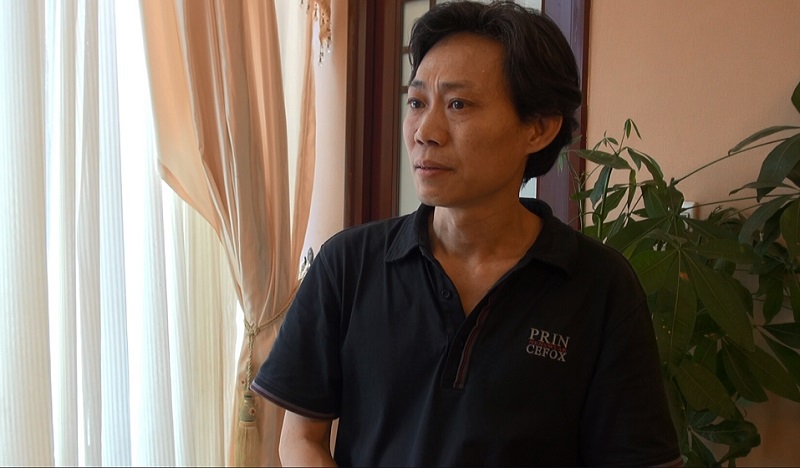Labour activist Meng Han sentenced to 21 months
04 November 2016Detained in December last year, Meng Han was sentenced on November 3 by a Guangzhou Court to 21 months in prison for “gathering crowds to disrupt public order”. Yan Xin, Meng’s defense attorney, announced the verdict on social media.
“Meng Han pleaded guilty (...), he chose not to appeal”, said Yan via WeChat, adding “I fully understand the pressure he has been facing and I respect his choice”.

Meng is the fourth Guangdong labour rights activist to be convicted in two months. His three colleagues from Panyu Workers’ Centre, Zeng Feiyang, Zhu Xiaomei and Tang Huanxing, were also accused and sentenced for disruption of public order on September 26. Zeng, director of the Centre, was sentenced to a three-year jail term, suspended for four years. Zhu and Tang were given 18-month jail terms, suspended for two years. Meng’s trial was postponed as he refused to confess or denounce his colleagues.
Prior to the crackdown on labour organisations in December last year, the Panyu Workers’ Centre was instrumental in the resolution of several tense labour disputes with the potential to turn violent. As the official trade union looked on, Zeng and his colleagues worked to solve labour disputes through collective bargaining, effectively doing the official union’s job.
Meng Han was taken away on 3 December 2015. He was not allowed to see a lawyer until 19 February, and denied access again on 7 April. All this time, the authorities put tremendous pressure on Meng’s family in order to persuade him to plead guilty. At one point three unidentified thugs vandalised Meng’s parents’ apartment door with an axe.
The elderly couple reported the incident to the police who failed to respond, leaving them with little choice but to relocate to another city. A few days before Meng’s trial, his parents were visited by uniformed police agents who again pressured them to persuade Meng Han to confess.
Unionists in Hong Kong protested on the day of the trial calling for Meng Han’s unconditional and immediate release. General Secretary of the Hong Kong Confederation of Trade Unions Lee Cheuk-yan pointed out that the authorities in mainland China have adopted a particular strategy in response to labour activists refusing to admit ‘guilt’ while isolated in detention: pressure family members to persuade loved ones to confess. “If you confess you get a lighter sentence, if you don’t, you get punished hard”, said Lee in front of the Central Government’s Liaison Office in Hong Kong.
In response to the sentence, China Labour Bulletin director Han Dongfang, said “the Supreme Court, the Supreme Procuratorate, the Ministry of State Security and the Ministry of Justice issued a joint statement in October calling for reform to the criminal procedure”, Han stressed that “Article 5 of the document explicitly stipulates that nobody can be coerced into pleading guilty”. Han lamented that “the Panyu court, by not rejecting a coerced confession obtained through intimidating the defendant and his family members, not only broke the Criminal Procedure Law but also blatantly contradicted this recent call for reform”.
The Brussels-based International Trade Union Confederation (ITUC) filed a complaint earlier this year with the International Labour Organisation’s Committee on Freedom of Association on the repression of labour activists from the Panyu Workers' Centre. The case is due to be heard later this month. In his social media posting, Meng's lawyer stressed that “the court rejected the argument that the defendant’s actions do not account to gathering crowds to disrupt public order.”
